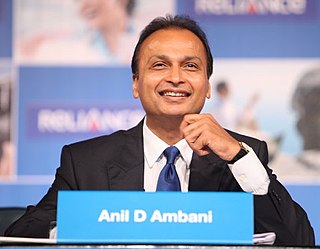A Quote by Daniel Lyons
If we didn't have Net neutrality, carriers could do things like penalize companies that use a lot of bandwidth or create high-speed lanes and charge Internet companies extra fees to send their stuff over them. That would give an advantage to big companies and make life harder for startups.
Related Quotes
When we first started our internet company, 'China Pages', in 1995, and we were just making home pages for a lot of Chinese companies. We went to the big owners, the big companies, and they didn't want to do it. We go to state-owned companies, and they didn't want to do it. Only the small and medium companies really want to do it.
On the Internet, companies are scale businesses, characterized by high fixed costs and relatively low variable costs. You can be two sizes: You can be big, or you can be small. It's very hard to be medium. A lot of medium-sized companies had the financing rug pulled out from under them before they could get big.
Companies that acquire startups for their intellectual property, teams, or product lines are acquiring startups that are searching for a business model. If they acquire later stage companies who already have users/customers and/or a predictable revenue stream, they are acquiring companies that are executing.
When the trust is high, you get the trust dividend. Investors invest in brands people trust. Consumers buy more from companies they trust, they spend more with companies they trust, they recommend companies they trust, and they give companies they trust the benefit of the doubt when things go wrong.
It's a lot easier to gain traction when there is such a great proliferation of Internet access. The velocity at which some of these startups are gaining traction is mind-boggling. Companies like ShoeDazzle, Stella & Dot, Gilt, Groupon - these companies are going from zero to hundreds of millions in revenue in three years.
What I love about what I get to do is that I'm allowed to create the stories that I want to tell with minimal interference by some very big corporations like Microsoft and Sprint and EA and BioWare. The advantage that these tech companies have is that they understand the space organically, versus traditional media companies.




































